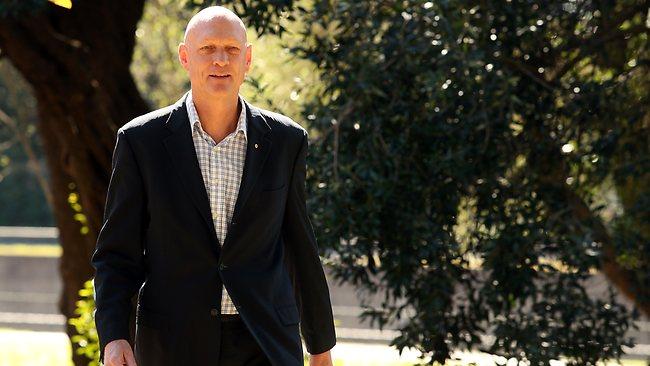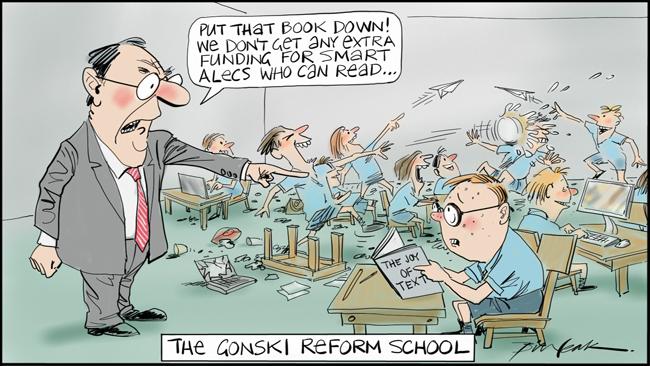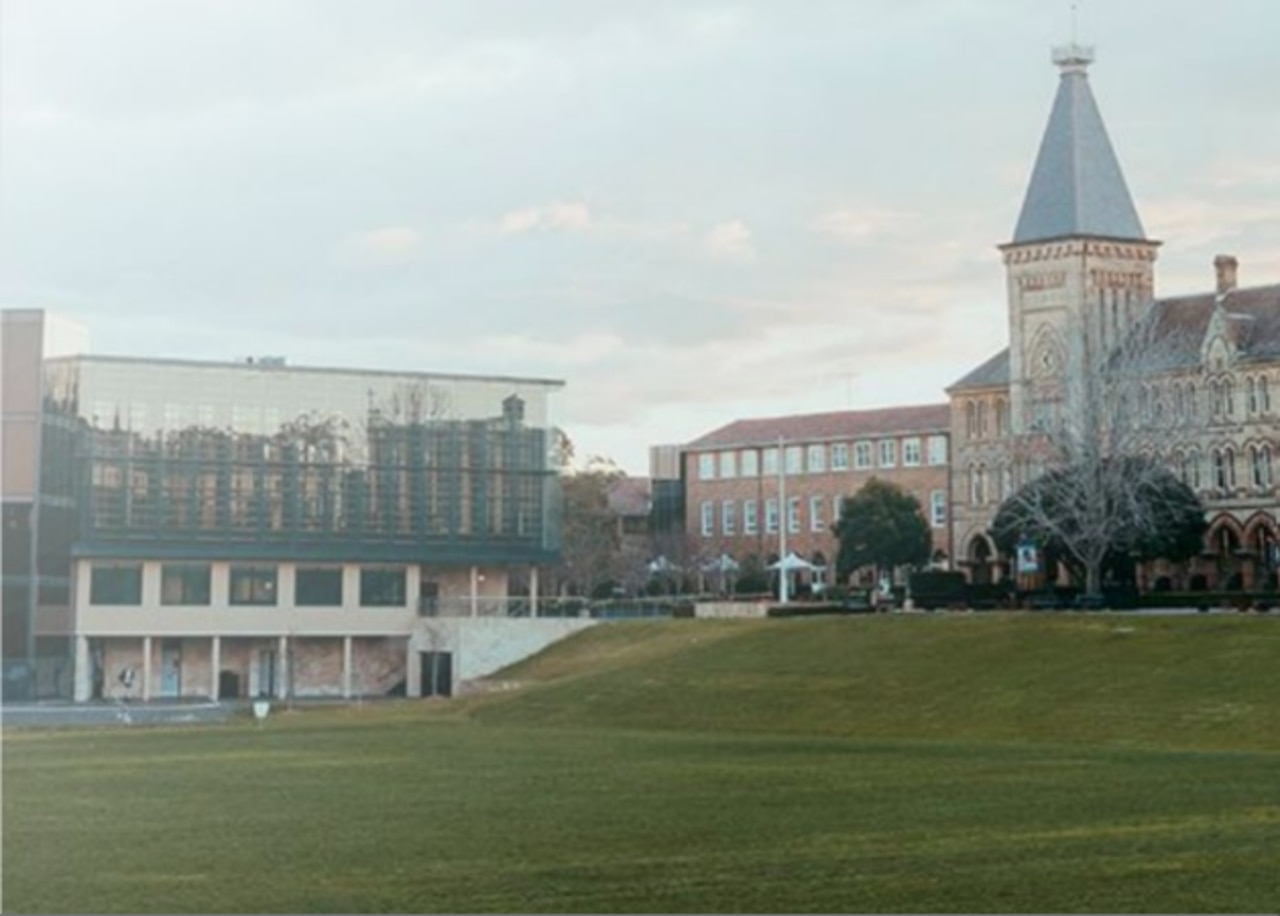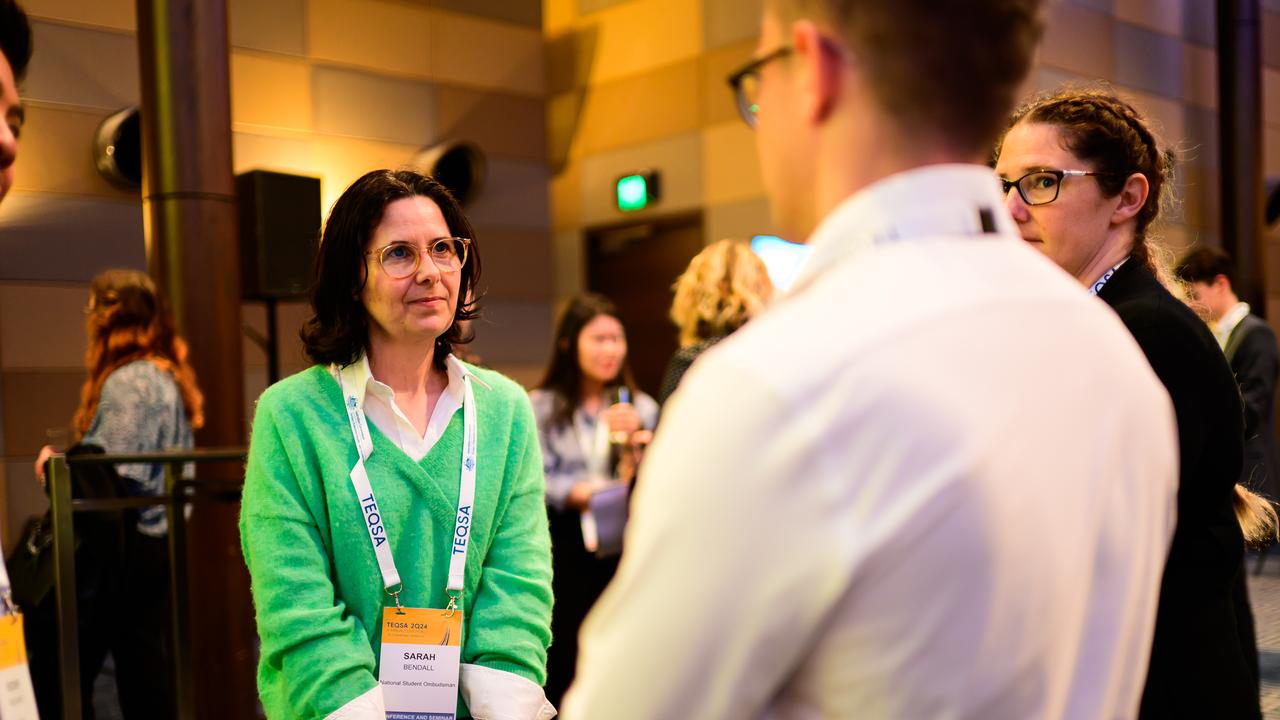Labor's 'top five' goal for schools
JULIA Gillard will today link school funding to student results in international tests, targeting the top five in reading, maths and science by 2025.

JULIA Gillard will today link reform of the school funding system to student performance in international tests, setting the goal for Australia of being among the top five nations in reading, maths and science by 2025.
In a speech to be given in Canberra, the Prime Minister will outline the federal government's formal response to the independent Gonski review of school funding, and will accept the report's main recommendation for a fundamental overhaul of the system to fund students based on their individual needs. According to excerpts of the speech released last night, Ms Gillard will say the government accepts the broad structure recommended by the Gonski review of a standard payment for all students supplemented by loadings for disadvantage and disability.
The government's model includes six loadings: for students from poor families; students with a disability; indigenous students; the size of the school; rural and remote students; and students speaking poor English.
The new funding system will be phased in over six years, starting in 2014 with funding gradually increasing to the full amount in 2020.
The commonwealth is expected to provide the bulk of the new funding identified by the Gonski review to lift standards across all schools, estimated at $6.5 billion a year, but Ms Gillard will call on the states and territories to help shoulder the extra cost. In return for the boost in funding, guaranteed to all schools, Ms Gillard will require all school systems, public and private, to record improvements in school performance and teacher quality.
The government will introduce legislation this year for a new school funding system that Ms Gillard says will "enshrine our nation's expectations about what we will achieve for our children, our vision of the quality of education to which our children are entitled, and our preparedness to put success for every child at the heart of how we deliver and fund education".
In the speech, Ms Gillard likens the legislation to the 1949 Citizenship Act, saying the Australian Education Act will "erect our nation's support for a child's education as one of the entitlements of citizenship".
"I want our nation to dedicate itself to a goal we can measure, a goal that will galvanise us, a goal we will work together to achieve for our children's education," she says.
"By 2025, I want Australian schools to be back in the top five schooling systems in the world.
By 2025, Australia should be ranked as a top five country in the world for the performance of our students in reading, science and mathematics and for providing our children with a high-quality and high-equity education system."
The government will use the tests known as the Program for International Student Assessment, conducted every three years by the OECD group of industrialised nations, among a sample of 15-year-olds, to track Australia's progress compared with the rest of the world.
Ms Gillard says in the latest PISA tests, held in 2009, Australia ranked 7th on reading and science and 13th in maths, and about 10th on providing a high-quality high-equity education system.
"So today I am setting an ambitious goal and I have set our sights on 2025 because that means we have 13 years, the same period of time that it usually takes a student to complete schooling to make Australia among the best in the world," she says.
Australia has been gradually slipping in the PISA rankings since 2000 from second in reading and third in maths and science. OECD reports describe Australia as having a high-quality low-equity education system because of the high proportion of disadvantaged students who fail to perform well at school.
While Australia has been successful in raising the performance of its low-achieving students, much of the drop in average scores is attributed to a fall in performance among our highest-achieving students.
Opposition education spokesman Christopher Pyne described the government's plans as "their most outlandish promise of all", a promise of "all foam and no beer" that begins in three elections' time. Mr Pyne denied the need for extra funding for schools, one of the key findings of the Gonski report, and said money had been put into struggling public schools for 10 years.
"In the past 10 years, we have spent 44 per cent more on schools and we have gone backwards in terms of our school outcomes.
"What that proves to me is that the focus of our education policies should be on teacher quality, on the curriculum, and on principal autonomy."
But School Education Minister Peter Garrett said the Gonski panel had concluded that the current funding model was "broken". He denied the government was delaying the new funding system until 2020, saying the Gonski report had recommended any new arrangements be introduced through a transition period.



